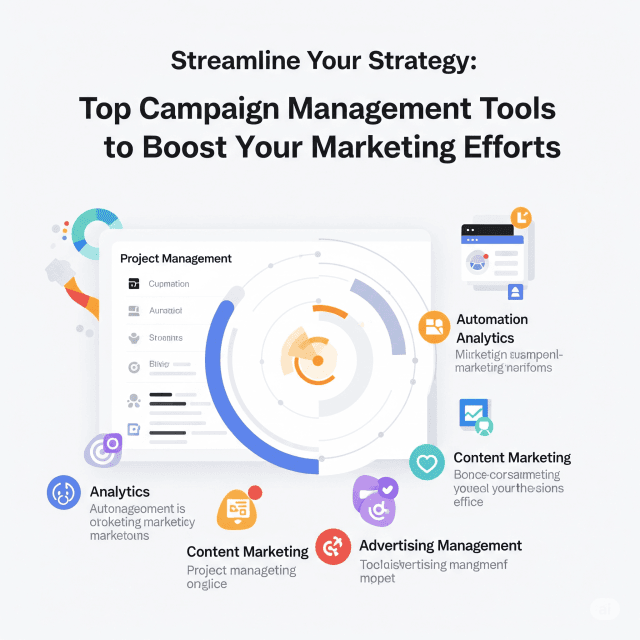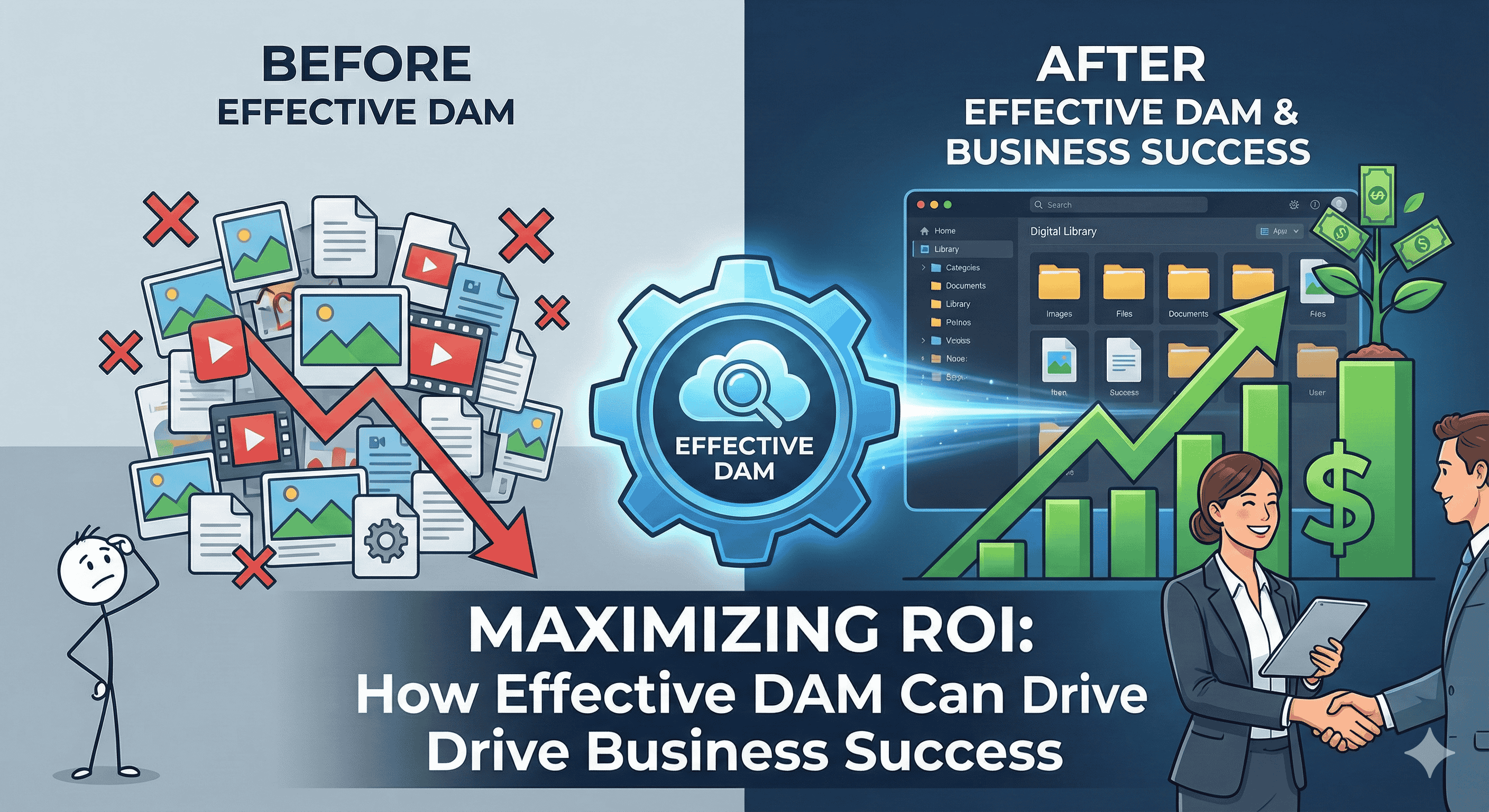In the fast-paced world of digital marketing, effective campaign management is crucial for ensuring your strategies are not only executed but also optimized for maximum impact. With a plethora of tools available, choosing the right one can significantly enhance your marketing efforts. Here’s a look at some of the top campaign management tools that can streamline your processes and boost your marketing success.
1. HubSpot
Overview: HubSpot is an all-in-one marketing, sales, and service platform that offers a comprehensive suite of tools for campaign management.
Key Features:
- Email Marketing Automation: Create, personalize, and optimize emails for better engagement.
- Lead Tracking: Monitor leads through the sales funnel with robust analytics and reporting tools.
- Landing Page Creation: Design and optimize landing pages without needing coding skills.
Benefits: HubSpot’s user-friendly interface and integration capabilities with various CRM systems make it an excellent choice for businesses of all sizes.
2. Marketo
Overview: Marketo is known for its advanced automation features and is particularly beneficial for B2B marketing.
Key Features:
- Lead Nurturing: Create complex lead nurturing paths to engage prospects based on their behavior.
- Analytics and Reporting: In-depth reporting tools to measure campaign effectiveness.
- Integration with Other Platforms: Seamlessly integrates with Salesforce, Google Ads, and other tools.
Benefits: Marketo helps brands execute personalized campaigns at scale, making it a vital tool for businesses that rely on data-driven marketing strategies.
3. Mailchimp
Overview: Initially known as an email marketing service, Mailchimp has evolved into a full-fledged marketing platform with extensive campaign management capabilities.
Key Features:
- Creative Tools: Provides templates for varied marketing materials including emails, social media posts, and landing pages.
- Customer Segmentation: Easily segment your audience for targeted messaging.
- Automation Workflows: Streamline your marketing processes with automated workflows.
Benefits: Ideal for small to medium-sized businesses, Mailchimp’s affordability and ease of use make it a favored choice for those starting in digital marketing.
4. Sprout Social
Overview: For brands heavily involved in social media marketing, Sprout Social offers robust tools to manage and analyze campaigns across various social channels.
Key Features:
- Social Media Scheduling: Schedule posts across multiple platforms in advance.
- Engagement Tools: Monitor brand mentions and engage with your audience in real time.
- Analytics: Gain insights into audience behavior and campaign performance.
Benefits: Sprout Social’s data-driven approach helps businesses refine their social strategies for better engagement and conversion rates.
5. Trello
Overview: While not strictly a marketing tool, Trello is exceptional for organizing campaign tasks and collaborating with team members.
Key Features:
- Visual Task Management: Use boards and cards to organize projects and workflows visually.
- Collaboration Tools: Assign tasks, comment on cards, and share files easily.
- Integration Options: Connect with other tools like Google Drive, Slack, and more.
Benefits: Trello’s flexibility makes it suitable for creative teams who need to manage various aspects of their campaigns collaboratively.
6. Asana
Overview: Another project management tool, Asana helps marketing teams in planning, executing, and monitoring campaigns effectively.
Key Features:
- Task Assignment and Tracking: Create tasks, assign team members, and set deadlines.
- Progress Tracking: Use timelines and calendars to visualize project progress.
- Customizable Workflows: Tailor workflows to fit specific campaign needs.
Benefits: Asana’s structured approach to project management can enhance productivity and ensure teams stay on track with campaign timelines.
7. Google Analytics
Overview: While primarily an analytical tool, Google Analytics provides critical insights that can drive your campaign strategies.
Key Features:
- Traffic Analysis: Understand where your visitors come from and how they interact with your site.
- Conversion Tracking: Set up goals to track specific campaign outcomes.
- Customized Reports: Generate reports tailored to your specific marketing metrics.
Benefits: Leveraging Google Analytics allows marketers to make data-informed decisions that improve campaign efficiency and ROI.
Conclusion
In the dynamic landscape of digital marketing, utilizing the right campaign management tools can significantly streamline your processes and optimize your efforts. Whether you need robust automation, detailed analytics, or simple task management, there’s a tool that can match your needs. By integrating these tools into your strategy, you can enhance collaboration, improve targeting, and ultimately boost your marketing success. Embrace technology in your campaign management to not only keep pace with industry trends but also to stay ahead of the curve.









